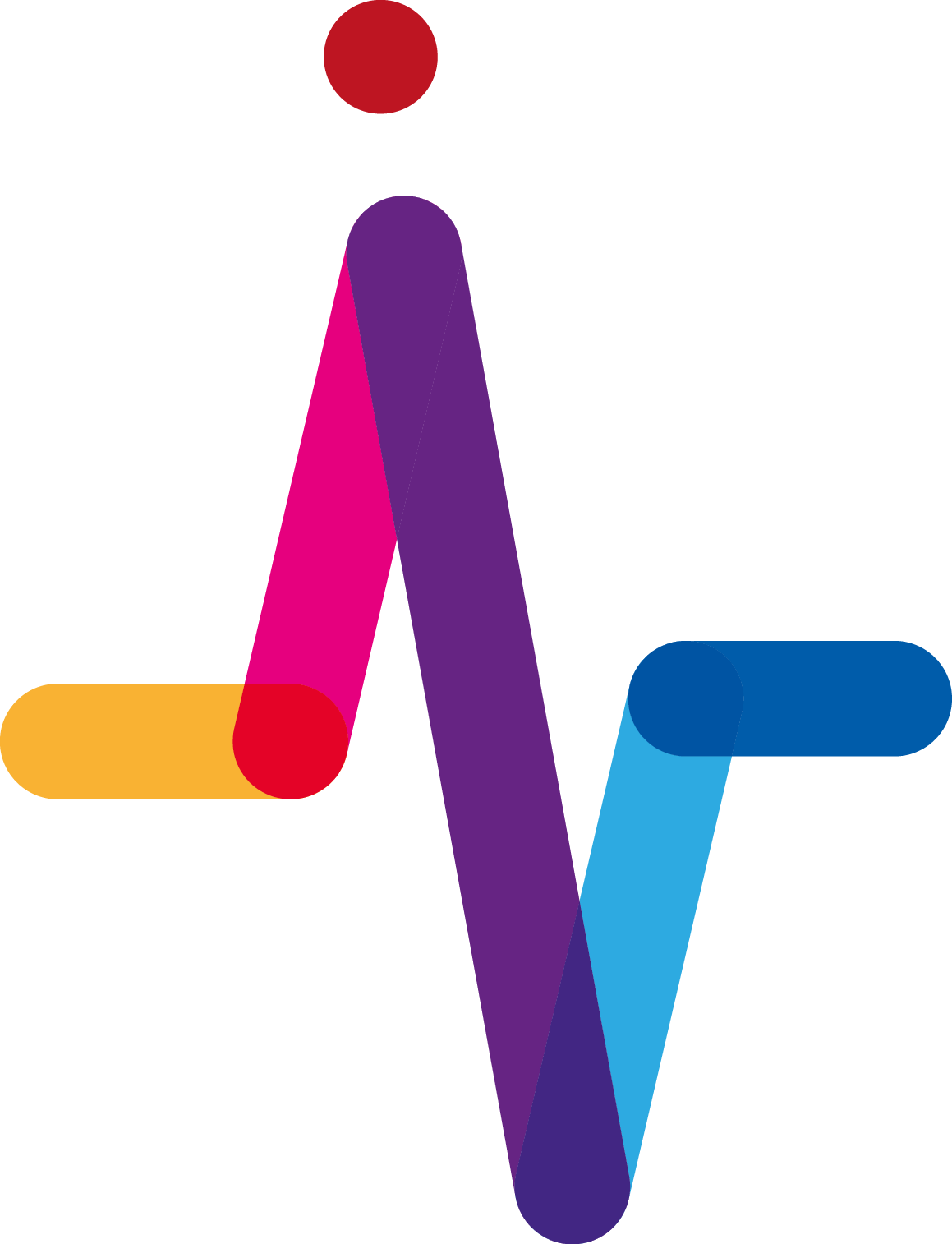 Liège, Décembre 31, 2023 – Digitisation is moving through the healthcare landscape like an express train. Brussels’ Europa Hospitals are also experimenting heavily with digital apps for tele-healthcare. Innovation manager Gatien Hocepied, Bram Mombers-Schepers (Head of Cancer Plan Implementation) and Brice Van Eeckhout, co-CEO of IT company Comunicare Solutions explain.
Liège, Décembre 31, 2023 – Digitisation is moving through the healthcare landscape like an express train. Brussels’ Europa Hospitals are also experimenting heavily with digital apps for tele-healthcare. Innovation manager Gatien Hocepied, Bram Mombers-Schepers (Head of Cancer Plan Implementation) and Brice Van Eeckhout, co-CEO of IT company Comunicare Solutions explain.
Two years ago, Europe Hospitals installed IBIS, a digital patient portal that offers a lot of additional possibilities around e-health, says Brice. « A first use case for using Comunicare was to support patients with heart failure. Through the Comunicare app, they received tailored information about their disease and treatment and could fill in questions about their vital signs. This allows healthcare staff to monitor, remotely, the course of the condition. It is also useful for the patient. He is also supported at home with his illness, the signs of decompensation are detected more quickly and he keeps his own finger on the pulse. »
« It also becomes easier to immediately pick out patients who need more attention, » adds Gatien adds. « Before, we had to communicate with each patient individually, which was cumbersome and time-consuming. With this system, that runs much more smoothly. »
Because the use case was so successful, it is now being extended to the next group of patients: people with prostate cancer, Gatien says: « The aim is, on the one hand, to give them information about the course of their disease and treatment, but also to quickly and easily detect symptoms such as temperature, nausea, diarrhoea and vomiting. This allows us to better take into account the patient’s condition and better inform therapeutic decisions. »
By the way, the app itself has therapeutic benefits, Bram stresses. « All studies show that patients have fewer side effects if they have some form of control over their disease, we call it patient empowerment. This app makes this true. Moreover, we can also communicate more efficiently with the patient. He self-reports things like weight loss or skin rashes and there is contact only when really needed. You know we are short of hands in healthcare. This is a useful tool to deal with that. »
That it is precisely patients with prostate cancer for whom this system is being rolled out should not be surprising, says Bram. They are (mostly) still in an age group that deals with digital apps and therefore don’t have to overcome a learning curve. « Moreover, they can also quietly read up on information about their illness in the app. This is not an unnecessary luxury. People who receive a cancer diagnosis often remember only 1/3rd of the information they are given. Purely because of the panic reaction. »
At a later stage, patients with other cancers and chronic conditions will also have access to the app, Brice says. « One of the challenges was to capture all the data and integrate it into the hospital information system. The IBIS portal played an important role in this. This allows us to implement and deploy the system once for patients with multiple conditions and also more easily involve loved ones and family carers. »

Commentaires récents